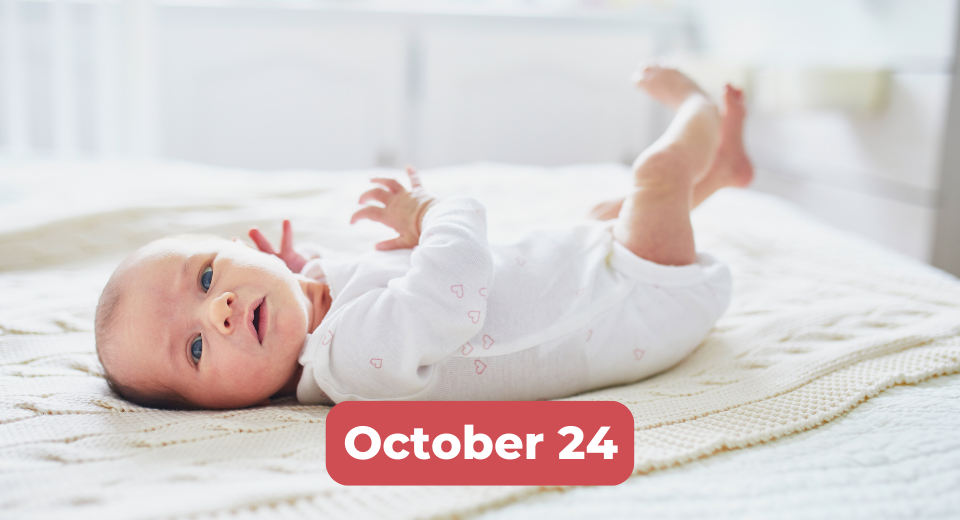October is National RSV Awareness Month. RSV, or Respiratory Syncytial Virus, is the most common cause of bronchiolitis (inflammation of the small airways in the lung) and pneumonia (infection of the lungs) in children younger than 1 in the United States.
For the majority of infants and children who get the contagious viral infection, it causes nothing more than mild cold-like symptoms, but for a small percentage, it can be life-threatening. Babies who are born prematurely, children under age 2 born with heart or lung disease, infants with weakened immune systems, and children 8-10 weeks old all have a higher risk of RSV becoming more severe.
A few decades ago, research showed that RSV caused up to 4,500 deaths in the U.S. every year. Now, studies show that number has dropped dramatically! Experts now say only around 100 babies die annually because of RSV. The decrease comes from major advancements in healthcare.
RSV may not be severe when it first starts. However, it can become more severe a few days into the illness. Early symptoms of RSV may include:
- Runny nose
- Decrease in appetite
- Cough, which may progress to wheezing
Infants who get an RSV infection almost always show symptoms. This is different from adults who can sometimes get RSV infections and not have symptoms. In very young infants (less than 6 months old), the only symptoms of RSV infection may be:
- Irritability
- Decreased activity
- Decreased appetite
- Apnea (pauses while breathing)
Fever may not always occur with RSV infections. RSV season occurs each year in most regions of the U.S. during fall, winter, and spring. If you have contact with an infant or young child, especially those who were born prematurely, are very young, have chronic lung or heart disease or a weakened immune system, you should take extra care to keep the infant healthy by doing the following:
- Keep your hands off your face. Avoid touching your eyes, nose, and mouth with unwashed hands. Germs spread this way.
- Wash your hands often with soap and water for at least 20 seconds, and help young children do the same. If soap and water are not available, use an alcohol-based hand sanitizer. Washing your hands will help protect you from germs.
- Avoid close contact with sick people. Avoid close contact, such as kissing, and sharing cups or eating utensils with people who have cold-like symptoms.
- Cover your mouth and nose with a tissue or your upper shirt sleeve when coughing or sneezing. Throw the tissue in the trash afterward.
- Clean and disinfect surfaces and objects that people frequently touch, such as toys, doorknobs, and mobile devices. When people infected with RSV touch surfaces and objects, they can leave behind germs. Also, when they cough or sneeze, droplets containing germs can land on surfaces and objects.
- Stay home when you are sick. If possible, stay home from work, school, and public areas when you are sick. This will help protect others from catching your illness.
There is no vaccine yet to prevent RSV infection, but scientists are working hard to develop one. And there is a medicine that can help protect some babies at high risk for severe RSV disease. Healthcare providers usually give this medicine (called palivizumab) to premature infants and young children with certain heart and lung conditions as a series of monthly shots during RSV season. If you are concerned about your child’s risk for severe RSV infection, talk to your child’s healthcare provider.






